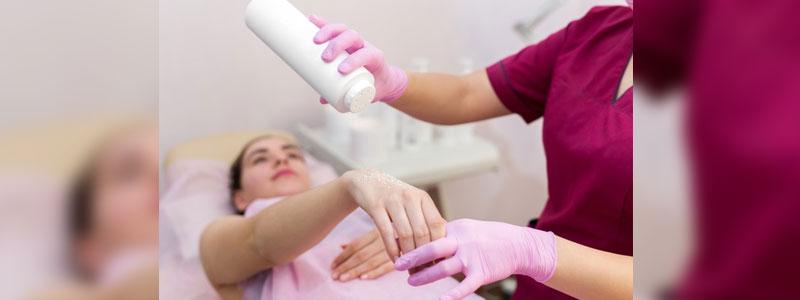
On September 9, U.S. District Judge Freda Wolfson, overseeing the talcum powder lawsuits, rejected Johnson & Johnson's (J&J) request to appoint court-approved experts to assist jurors in upcoming bellwether trials, stating that the move would interfere with the independent assessment of the evidence by the jurors.
On August 12, J&J sent a letter seeking permission to file a motion to appoint an independent expert witness in the areas of epidemiology and cancer biology, to help the jurors understand scientific issues in the litigation, as both the parties would be presenting “diametrically opposite scientific positions” about whether talc use can cause ovarian cancer.
The plaintiffs urged opposition to the proposal, stating that it raises significant Constitutional concerns, and the questions that the defendant wants independent expert witness to be answered must be addressed by the jury.
According to the letter order issued by the court, Judge Wolfson said that such an extreme measure is not required as the court has cleared competent experts from both sides to testify at trial. She also noted that such a group of experts would needlessly delay the litigation and may have a deleterious effect as the jurors would have to weigh on the testimony of ‘neutral’ experts, which would prove to be unjust.
Currently, J&J faces more than 20,000 Baby Powder and Shower-to-Shower lawsuits, each raising similar allegations about the presence of asbestos and the risk of cancer.
Earlier, Johnson & Johnson (J&J) asked the Missouri Supreme Court to reverse the $2.1 billion talc verdict. The company stated that the lower courts misapplied the law by improperly combining nearly two dozen cases from around the country into a single trial, despite a U.S. Supreme Court decision prohibiting the practice.
The case involved a group of 22 women who allege J&J's talcum powder products for causing cancer. The initial verdict that favored the plaintiffs was given by a state court jury in July 2018, following which the Missouri appeals court reduced the damages award to $2.1 billion in June 2020.
Talc is one of the main ingredients in baby powder and is also used in makeup and body powders. Cosmetic companies are not required to share their safety information with the Food and Drug Administration (FDA). Hence, the FDA cannot take any action without any scientific data that will prove the product to be harmful.
FDA does not require Baby Powder warnings on talc-based product labels, even after several studies highlighting the cancer risk. Currently, J&J faces several lawsuits against talcum products with similar claims of the presence of asbestos and cancer risk.




